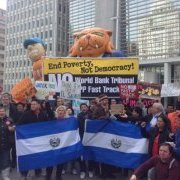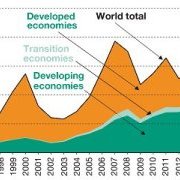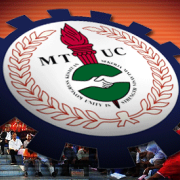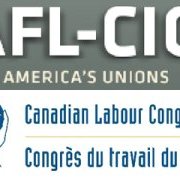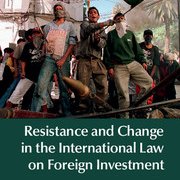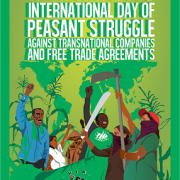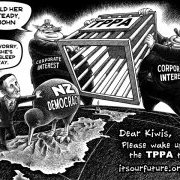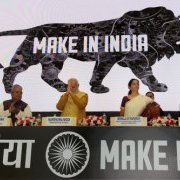15-Apr-2015
South China Morning Post
In terms of international transactions, FDI is more important than trade but it is subject to global policy disarray.
14-Apr-2015
Observatoire des Multinationales
An international arbitral tribunal has just ordered Argentina to pay nearly 400 million Euro to Suez because in 2006, after years of conflict, Argentina renationalized the water services in Buenos Aires.
10-Apr-2015
Malaysia Kini
The Malaysian Trades Union Congress (MTUC) is most concerned about the serious implications of Investor-State Dispute Settlement (ISDS) clauses and provisions in the Trans-Pacific Partnership Agreement (TPPA) and other such agreements and treaties that Malaysia signs.
10-Apr-2015
Cambridge University Press
The treaty-based system of investment protection has become tenuous, and change has become inevitable. Emphasising the changes resulting from resistance to a system based on neoliberal foundations, this study looks at recent developments in the area.
3-Apr-2015
Indian Express
The finance ministry has drafted a fresh bilateral investment protection treaty that would keep taxation measures and issuance of compulsory licences for intellectual property rights out of the sphere of arbitration while preventing foreign investors to drag India to arbitration for any dispute that has already been settled by the courts.
30-Mar-2015
Business Standard
Cairn Energy Plc’s demand for compensation from India for the Rs 10,200 crore tax notice slapped on Cairn India earlier this month under the ambit of the India-UK Bilateral Investment Promotion and Protection Agreement (BIPA) has divided those in the government and those outside it.
30-Mar-2015
La Via Campesina
This April 17th 2015, La Via Campesina will focus its mobilizations on the impacts of Transnational Corporations and Free Trade Agreements on peasant and small-scale agriculture and national food sovereignty
30-Mar-2015
Investment Arbitration Reporter
One of the most striking features of the draft model is its jettisoning of the fair and equitable treatment standard in favor of a standard — egregious or outrageous behaviour — that hearkens back to legal touchstones of an earlier era.






